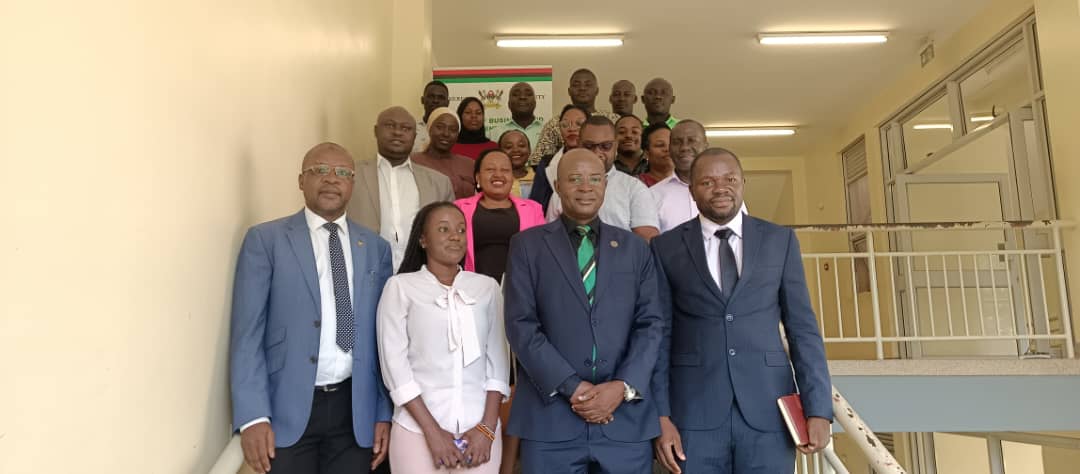In a key gathering at College of Business and Management Sciences’ School of Economics, stakeholders from diverse sectors convened yesterday (June 20, 24) to envision the future of economic education in Uganda. The occasion centered around the unveiling of the proposed Bachelor of Science in Development Economics, a program poised to reshape how economic challenges are addressed and opportunities harnessed in the country.
Among the esteemed speakers were Prof. Edward Bbaale, Principal of the college, and Prof. Ibrahim Mike Okumu, Dean of the School of Economics, whose shared enthusiasm for the new program underscored its potential impact. “This initiative aligns seamlessly with Uganda’s Development Goal Vision 2030 and the National Development Plan III (NDPIII),” Prof. Bbaale remarked. “Our aim is to empower students with the knowledge and skills to drive sustainable development across the nation.”
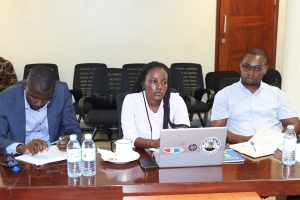
“Our aim is not only to contribute to the development of Uganda but also to impact the wider African region and beyond,” Prof. Bbaale said.
Development Economics, as emphasized by Prof. Okumu, represents a fusion of economic theory and practical application aimed at fostering inclusive growth and poverty reduction. “This program,” he explained, “is not just about classroom learning; it’s about preparing future economists to engage directly with real-world challenges and policy-making processes.”
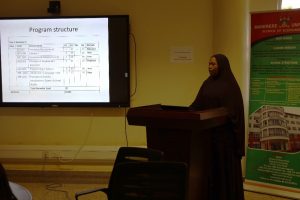
With an emphasis on research-led teaching and innovative approaches to economic analysis, the Bachelor of Science in Development Economics aims to position graduates as thought leaders capable of driving sustainable economic growth and development.
The workshop provided a dynamic forum for stakeholders from the Ministry of Finance, Planning and Economic Development, as well as representatives from KCCA, CHUSS, CONAS, URA, and the private sector, to offer valuable insights. Discussions centered on curriculum design, industry relevance, and collaborative opportunities, reflecting a shared commitment to equipping graduates with the skills demanded by today’s economy.
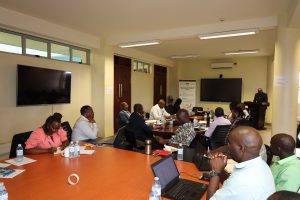
“The Ministry of Finance recognizes the pivotal role of this program in advancing Uganda’s economic agenda,” noted a representative during the workshop. “By focusing on development economics, we are fostering a cadre of professionals capable of driving innovation and sustainable growth.”
From the private sector, there was a clear call for graduates who possess not only theoretical knowledge but also practical experience. “We look forward to collaborating with the School of Economics to ensure that students gain hands-on skills that are directly applicable to our evolving business landscape,” remarked a representative from a leading industry player.
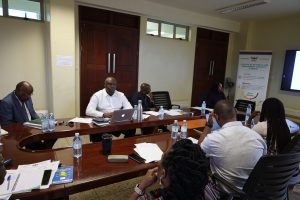
Looking forward, the School of Economics aims to integrate stakeholder feedback into finalizing the program’s curriculum and securing necessary accreditations. With an emphasis on research and policy analysis, the Bachelor of Science in Development Economics aims to prepare graduates to become catalysts for change, equipped to navigate Uganda’s economic complexities.

